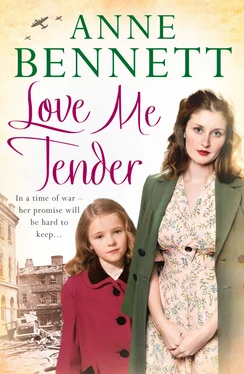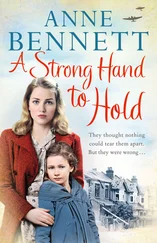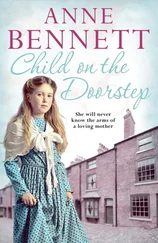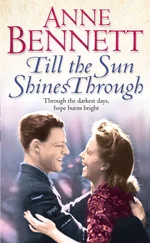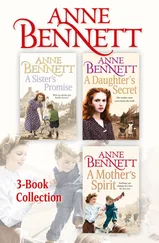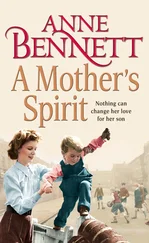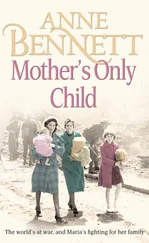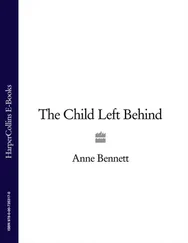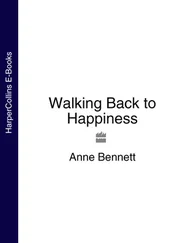At first, like many others, Barry had gone to meetings, listened to rallying calls and taken part in marches and demonstrations, but all to no avail. He knew he had to get out from under Kathy’s feet during the day, but hanging around street corners was not for him and there was no money for the pub, so he began to go for long walks.
He tended to veer away from the town, a thankless place to visit when he had money for nothing in the city centre shops. At first, his feet took him towards Calthorpe Park, or often as far as Cannon Hill, where he’d walk hour upon hour and return home tired and more dispirited than ever. However, one day, tired of the same route and with his stomach yawning in emptiness, he turned down Bristol Passage into Bristol Street and from there on into Suffolk Street, coming out at the top end of town by the Town Hall, and there he saw the lending library.
Barry had never been inside the library; there had been no occasion to. Although he could read, since he’d left school there had been little leisure to do so. Except for now, he thought, and he went in, glad of the blast of warm air, for the day outside was raw and his clothes were pitifully threadbare and thin.
It was very quiet also, quiet like Barry had never met before. He’d grown up in a small back-to-back house, first among a clutch of brothers and then with a family of his own, where noise was part of life and everyone knew everyone else’s business. The silence of the library was like a balm to Barry’s bruised soul, and the only sound was that of his boots on the wooden floor.
And then he saw the papers, such an array of them laid out, presumably for anyone to read. He sat down, and as he read first one and then another, his hunger was forgotten and the time sped by, although the papers made frightening reading. After a few days of intense study of the political situation in Germany, he was more aware than most of the mad little Austrian ruling the country. He knew that if only half the tales coming out of that beleaguered place were true, the man was a dangerous and vicious maniac, and he wondered how long the rest of Europe was going to stand by and watch. He said none of this at home for, God alone knew, Kathy had enough on her plate and it would serve no purpose frightening any of the family, possibly needlessly.
He progressed from the papers to books to fill the long winter evenings, and was choosing some one day when his eyes alighted on the children’s section of the library. He could buy little for his children, on twenty-six shillings a week for himself and Kathy, and two shillings extra each for Lizzie and Danny, but the lending library was free, and so he began to bring books home for them and read to them regularly.
Lizzie loved her daddy. He had more patience than her mother and was gentler somehow. He’d taught her to love books and write her name before she went to school. She liked nothing better than to snuggle down in the chair with him, her on one side and Danny on the other, and listen while her daddy read to them.
And that was how Kathy found them when she went in that day, and for some reason it irritated her seeing them all cuddled up cosily together. ‘Get up out of that,’ she said angrily. ‘Sitting there and the pair of you like a couple of tinkers! Get down to the cellar this minute, you need a wash before bed.’
‘Oh, Mammy!’
‘Do as your mother bids you,’ Barry said, scattering the two from his knee.
Lizzie glared at her mother. Mammy always spoils things, she thought, she’s always shouting. But wanting to live to see her seventh birthday, the little girl said not a word, but walked across the room and took her brother’s hand at the top of the cellar steps.
Barry stopped Kathy as she was about to follow the children. ‘Solly came by,’ he said. ‘One of the men has been taken ill at the market, he says he’ll put a word in for me.’
‘Regular?’
‘Well, till the man’s better. Even a couple of days is better than nothing.’
‘Is it?’ Kathy snapped. ‘And what if the means test people get to hear of it? What then?’
Barry was silent. He knew Kathy had a point, but he’d been pleased, almost excited, and had expected her to feel the same. After all, any job was better than no bloody thing at all. ‘I thought,’ he said at last, ‘I thought I could buy the weans things for Christmas, a wee orange each or maybe even a skipping rope for Lizzie, I know she’d like one.’
‘You know she’d like one!’ Kathy repeated, and her eyes flashed with temper. ‘What’s this “like”, all of a sudden? The things I’d like, I have to go without. The child needs new boots on her feet and you talk about a skipping rope.’
‘They’re only weans, Kathy.’
‘I know that,’ Kathy snapped. Suddenly it was too much for her and tears of frustration ran down her cheeks. She needed her husband’s arms around her to comfort and reassure. He was quick enough to put them round the children, but now he held them by his side, terrified that the dam keeping his own feelings in check would burst if he attempted to hold his wife close, as he longed to.
‘I do my bloody best,’ he said grimly.
‘Well, it’s not good enough,’ Kathy burst out in hurt anger. ‘You make me sick. Get out of my way, I must see to the weans.’
Barry stared at his wife in silence for a minute, and then snapped, ‘Oh, I’ll get out of your way all right. I’m away to me ma’s, where the welcome is always warm and the company’s better.’
‘Go to hell for all I care,’ Kathy snapped back, though her heart sank.
Below, in the damp, chilly cellar, Lizzie and Danny waited and listened. Lizzie knew it was all her mammy’s fault. Her daddy couldn’t help being out of work, lots of daddies were, and she shouldn’t have shouted at him like she did. When she heard the slam of the door and watched her father’s feet walk over the cellar grating, she began to shiver, and it wasn’t just from the cold of the place.
Kathy, descending the steps, was ashamed of herself. She shouldn’t have gone for him like that. God forgive her for what she’d yelled at him that evening. What had he been doing that was so wrong when she’d come in? Just amusing the weans with a story while he minded them. Was she jealous of her own children? No, she told herself, that was silly, but she knew that if she wasn’t careful, by the time Barry did get a job, they’d only have the shreds of marriage to hold on to, and when she went into the cellar, the children’s accusing faces filled her with guilt.
From then on, Barry and Kathy’s relationship deteriorated steadily, though they never spoke of the argument again. Barry had been bitterly hurt by Kathy’s accusation that he hadn’t tried hard enough to find work, and he couldn’t forgive her for it.
He did get a fortnight’s work in the market, and in a gesture of defiance bought a skipping rope for Lizzie and a toy car and marbles for Danny. He put them in the stockings they hung up on Christmas Eve, together with a shiny penny, a small orange and a bar of candy each. It was a grand Christmas morning for them, though Barry hardly spoke to Kathy and his only smiles were for his children.
Kathy longed to say she was sorry, but the words choked in her throat. Later, when they went to her mother’s and Mary produced the children’s presents – a pair of new shoes for Lizzie and a jumper she’d knitted for Danny – Kathy was consumed with shame that she and Barry weren’t able to buy those things for the children themselves, even though she was very grateful. Mary waved away her protests. ‘Let us do it while we can, child. God alone knows how long young Michael will be in work, with him turning sixteen in the new year.’
Kathy knew fine what her mother meant. Her youngest brother Michael had been an errand boy at Wrenson’s, the grocer’s shop, since he’d left school two years earlier. Once the lads reached sixteen, they were normally replaced by a school leaver, who at fourteen would work for less money. It was no good moaning about it; that was the system. Everyone was keeping an eye out for Michael, but the family knew that he would probably be drawing the dole with Barry before long.
Читать дальше
